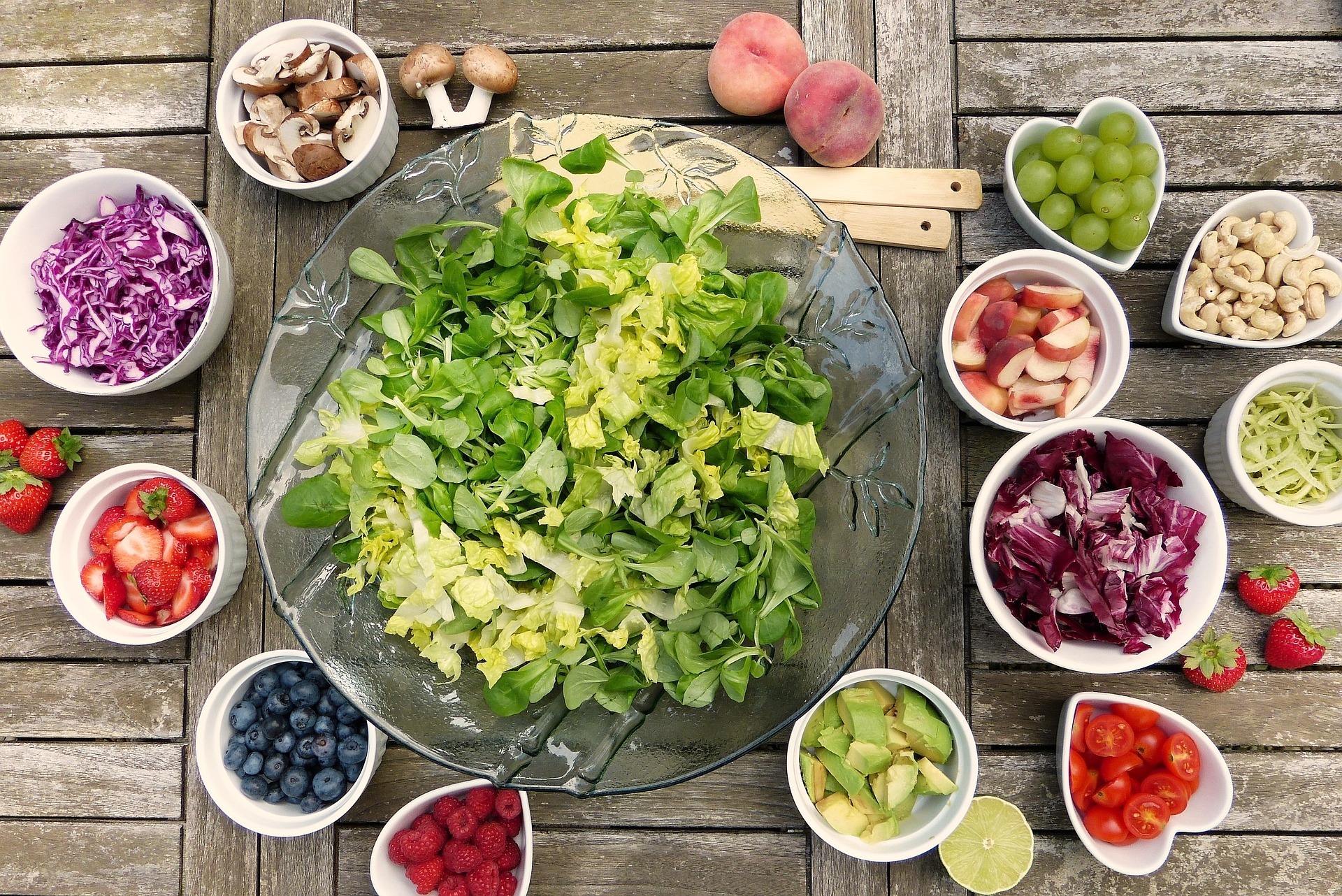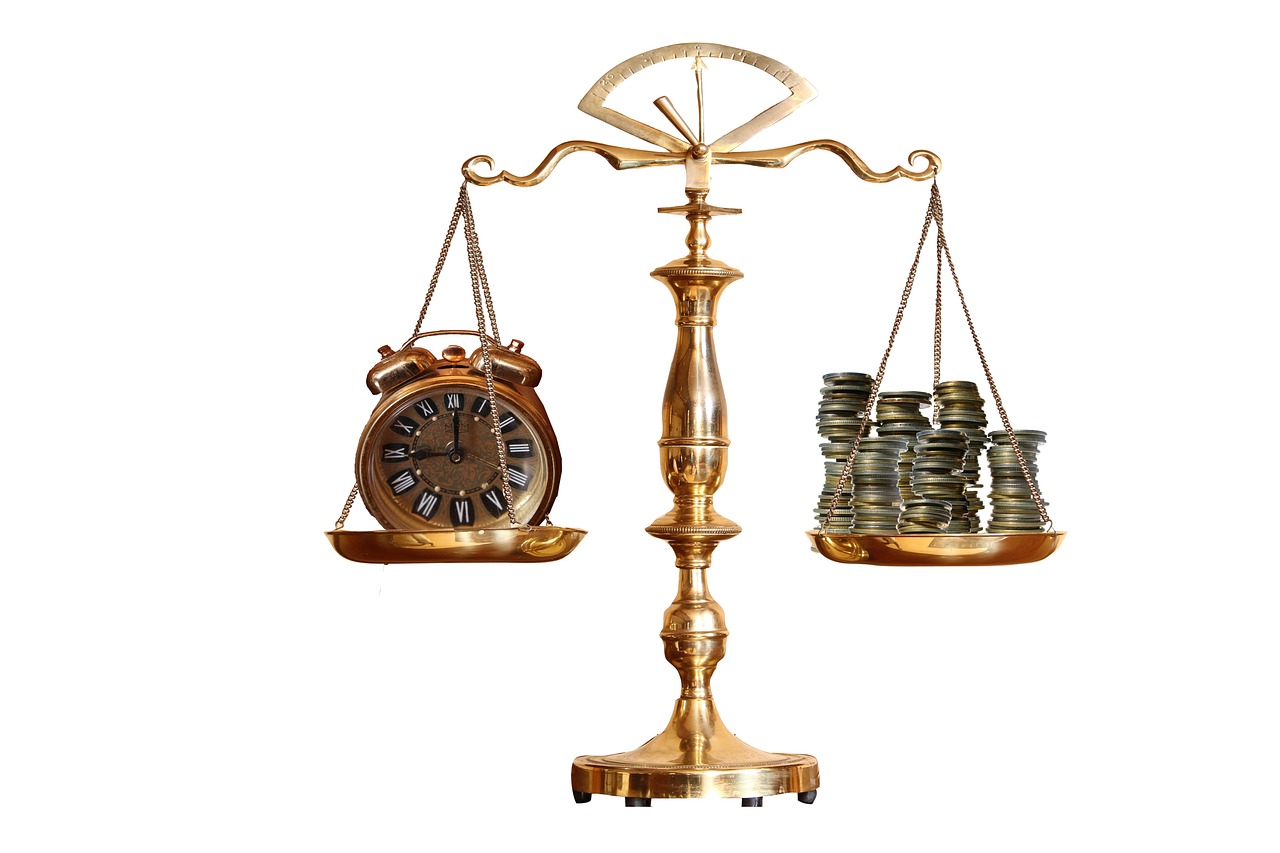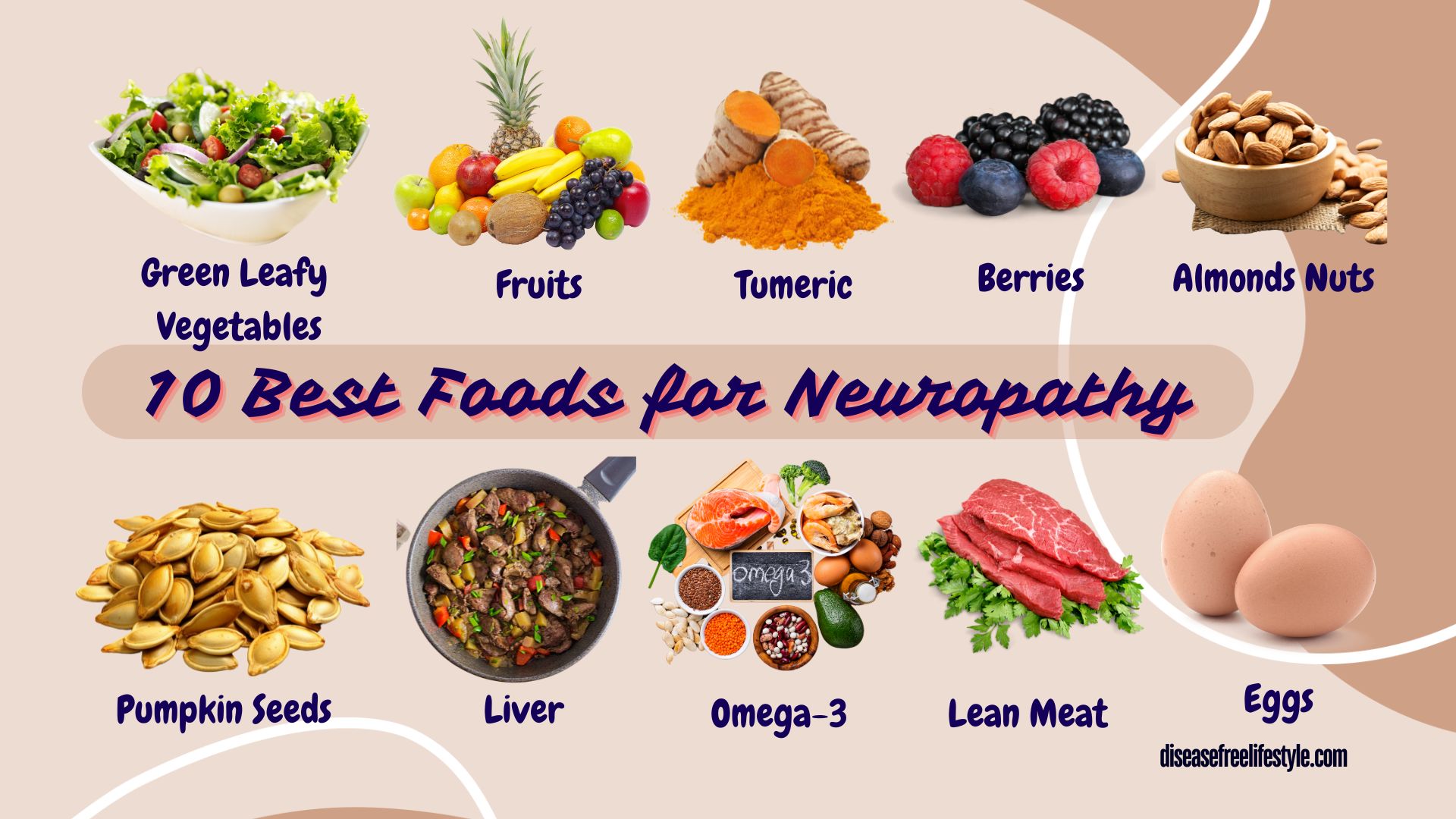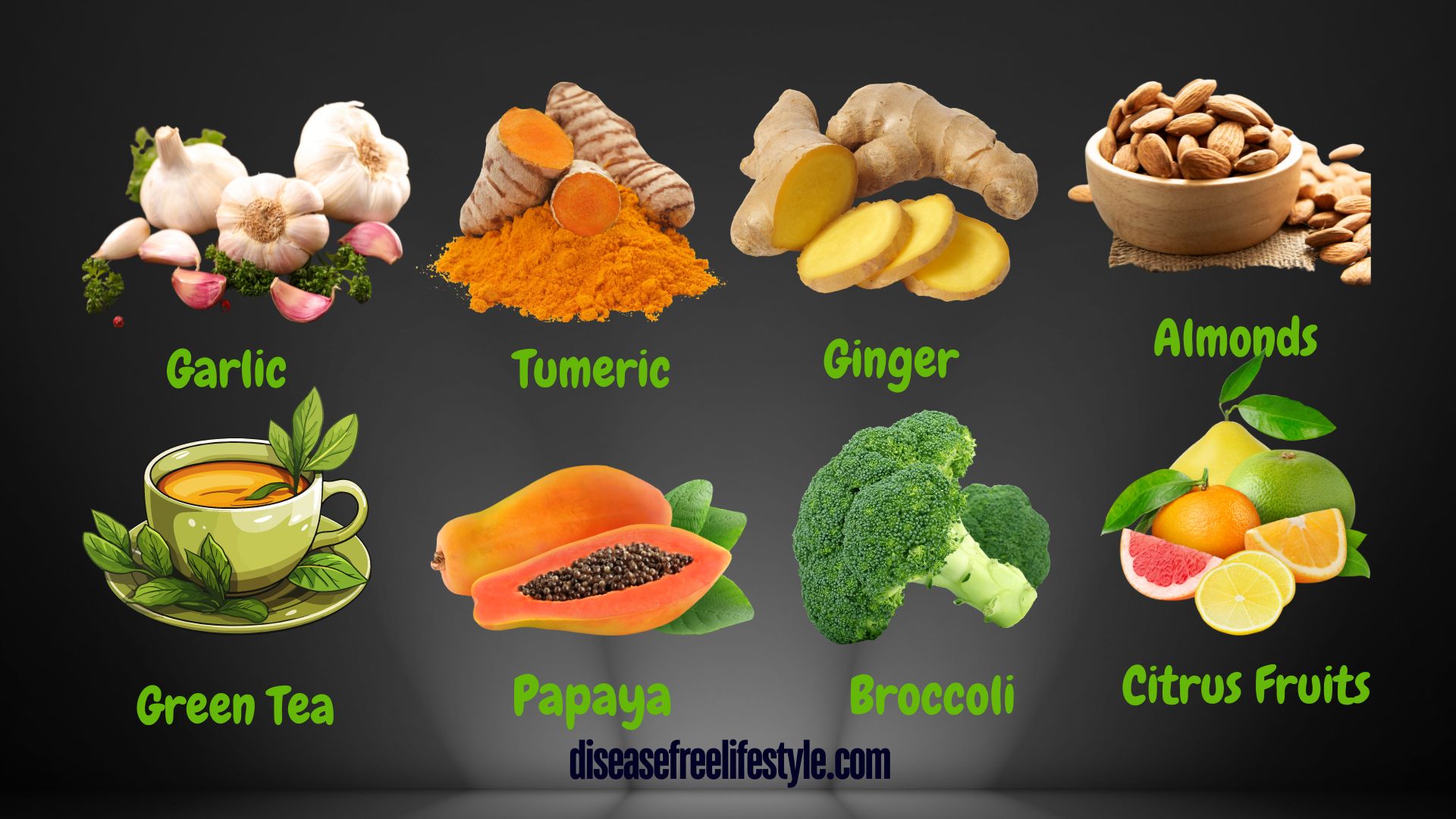Patience A Journey to a Successful Lifestyle
Patience is a journey that demands conscious effort, but the rewards are immeasurable. As we navigate the complexities of modern life, let us remember that patience is not merely a virtue; it is a superpower that empowers us to thrive. Our world is a whirlwind. Deadlines loom, inboxes overflow, and social media bombards us with a constant stream of “perfect” lives. It’s no wonder stress has become a modern epidemic, linked to a host of chronic diseases like heart disease, anxiety, and even diabetes. But what if I told you there’s a forgotten superpower that can help you navigate this chaos and cultivate a disease-free lifestyle?
Before delving deeper into the significance of patience, it is essential to examine the lives of renowned individuals whose remarkable achievements were undeniably shaped by this virtue.
World-Famous Personalities and Their Patience
While it can be challenging to definitively prove patience in someone’s life, we can examine historical accounts, biographies, and their actions to identify instances where patience was likely a key factor in their success.
Mahatma Gandhi
Non-violent protest: Gandhi’s unwavering commitment to non-violence in the face of British colonial oppression is a testament to his extraordinary patience. His belief in the power of peaceful resistance required immense patience and perseverance.
Nelson Mandela
Imprisonment: Mandela spent 27 years in prison for his anti-apartheid activism. His ability to endure such hardship without compromising his ideals is a profound example of patience.
Reconciliation: After his release, Mandela demonstrated incredible patience in fostering reconciliation between black and white South Africans, working towards a unified nation.
Martin Luther King Jr.
Civil Rights Movement: King’s leadership of the Civil Rights Movement required immense patience. Facing constant threats, discrimination, and setbacks, he maintained a steadfast belief in the power of nonviolent protest.
I Have a Dream Speech: This iconic speech is a testament to King’s patience and hope for a better future, even in the face of racial injustice.
Albert Einstein
Theory of Relativity: Developing such a complex theory took years of meticulous work and experimentation. Einstein’s patience in pursuing his ideas led to one of the most groundbreaking scientific discoveries.
Mother Teresa
Serving the Poor: Mother Teresa dedicated her life to helping the poorest of the poor. Her work required immense patience, compassion, and perseverance in the face of overwhelming challenges.
It’s important to note that while these individuals displayed remarkable patience, it doesn’t mean they were always patient in every situation. However, their ability to exercise patience in the face of adversity is a significant factor in their legacies.
Alexander Fleming: The Patient Scientist
Alexander Fleming is an excellent example of patience in scientific research.
Serendipity and Patience: It was Fleming’s patient observation and meticulous scientific method that led to this groundbreaking breakthrough. Fleming spent considerable years for researching. While the discovery of penicillin was accidental, the development of the antibiotic into a practical medicine required years of patient research and experimentation. Fleming and his colleagues faced numerous challenges and setbacks, but they persevered, demonstrating remarkable patience and dedication.
Fleming’s story highlights the importance of patience in scientific inquiry. Great discoveries often require time, careful observation, and a willingness to explore unexpected results.
We should draw our encouraging strength from their lives.
In an era characterized by instant gratification, constant connectivity, and the relentless pursuit of productivity, patience has become an increasingly rare commodity. The modern world is a pressure cooker. We are bombarded with information, expectations, and distractions. The constant need to be “on” and “doing” has led to a collective state of restlessness and anxiety. This is where patience becomes a counterbalance. It is the antidote to the frenetic pace of life, a sanctuary in the chaos.
However, let’s know the different lifestyles where Patience is undoubtedly required.
Patience: The Cornerstone of Modern Success
In our fast-paced, instant-gratification culture, patience often takes a backseat to speed and efficiency. Yet, paradoxically, it is this very virtue that is increasingly becoming the cornerstone of success in the modern world.
Patience in the Digital Age
The digital age is characterized by rapid technological advancements and a constant influx of information. This relentless pace can create a sense of urgency and impatience. However, truly innovative ideas and groundbreaking products often require incubation periods. Patience allows for deep thinking, experimentation, and refinement.
For instance, many successful tech companies, like Apple and Google, have demonstrated a patient approach to product development. They meticulously refine their offerings, often spending years in research and development before launching a product. This patient approach has contributed significantly to their long-term success.
Patience in Business
In the competitive business landscape, short-term gains often overshadow long-term vision. However, sustainable success is built on trust, relationships, and customer loyalty. These qualities require patience to cultivate. Effective leaders understand the importance of building strong teams, fostering a positive company culture, and nurturing customer relationships. These are all processes that take time.
Moreover, in an era of globalization and economic uncertainty, businesses must be resilient. Patience is essential in navigating challenges, adapting to changing market conditions, and emerging stronger from crises.
Patience in Personal Life
In our personal lives, patience is equally crucial. Building strong relationships, whether with family, friends, or romantic partners, requires understanding, empathy, and forgiveness. These qualities are rooted in patience.
Furthermore, personal growth and development are often gradual processes. Mastering new skills, overcoming challenges, or achieving personal goals demand perseverance and patience. It is through patient effort that we build resilience and character.
Patience in Career Success
In the competitive job market, the urge to climb the corporate ladder quickly can be overwhelming. However, rushing through career advancements often leads to burnout and job dissatisfaction. Patience allows professionals to build a strong foundation of skills, knowledge, and experience. It enables them to network effectively, establish meaningful relationships, and develop a reputation for reliability and expertise. True career success is often the result of consistent effort and a long-term perspective.
Patience in Relationships
Building and maintaining strong relationships requires time, understanding, and compromise. Patience is essential for overcoming challenges, resolving conflicts, and fostering emotional intimacy. It allows partners to communicate openly, listen attentively, and appreciate each other’s perspectives. By cultivating patience in relationships, individuals create a solid foundation for love, trust, and companionship.
Patience in Personal Growth
Personal growth is a lifelong journey that involves continuous learning and self-improvement. Patience is crucial for developing new skills, overcoming fears, and achieving personal goals. It allows individuals to embrace challenges as opportunities for growth, rather than as obstacles. By practicing patience, individuals can cultivate resilience, perseverance, and a positive mindset, leading to greater self-confidence and overall well-being.
Patience in Overcoming Adversity
Life is filled with ups and downs. Challenges and setbacks are inevitable. Cultivating patience helps individuals navigate through difficult times with grace and resilience. It allows for emotional processing, problem-solving, and seeking support. By practicing patience during adversity, individuals can develop a stronger sense of purpose and emerge from challenges with renewed strength and determination.
Patience: Not Just a Virtue, a Necessity
Patience isn’t simply waiting; it’s the ability to stay calm and collected while facing challenges or adversity. In today’s fast-paced world, it’s easy to get frustrated by delays, setbacks, or unexpected detours. But here’s the secret: impatience fuels stress, which wreaks havoc on your body. Chronically elevated stress hormones like cortisol weaken your immune system, increase inflammation, and raise your risk of numerous health problems.
The Science of Patience
Studies show that cultivating patience can have a profound impact on your physical and mental well-being. Practicing patience activates the parasympathetic nervous system, your body’s “rest and digest” response. This lowers heart rate, blood pressure, and stress hormones, promoting a sense of calm and well-being. Imagine the difference between fuming over a slow internet connection and taking a few deep breaths to manage your frustration. That shift in perspective can significantly improve your cardiovascular health and overall stress resilience.
From Frazzled to Zen: Cultivating Patience in Your Daily Life
The good news is, patience isn’t an inherent trait; it’s a skill that can be developed. Here are some practical tips to help you cultivate patience and reduce stress for a healthier you:
Mindfulness Meditation: Meditation isn’t just about emptying your mind; it’s about training your attention. Techniques like mindfulness meditation can help you become aware of your thoughts and feelings without judgment. This allows you to observe impatience arise and choose a more mindful response.
Focus on the Present Moment: Ruminating about the past or worrying about the future are surefire ways to fuel frustration. Practice anchoring yourself in the present moment. Pay attention to your breath, the sights and sounds around you, and the simple act of being alive.
Reframe Challenges: Instead of seeing setbacks as roadblocks, view them as opportunities for learning and growth. Remember, some of life’s most valuable lessons are learned through challenges.
Practice Gratitude: Taking time to appreciate the good things in your life, no matter how small, can shift your perspective and cultivate patience. Start a gratitude journal or simply take a few minutes each day to reflect on what you’re thankful for.
Patience: A Path to a Disease-Free Lifestyle
Cultivating patience isn’t just about feeling good in the moment; it’s about investing in your long-term health. By managing stress and promoting a sense of calm, patience empowers you to navigate life’s challenges with greater resilience. Remember, patience is a journey, not a destination. There will be days when frustration creeps in. But with consistent practice, you can cultivate this powerful tool and pave the way for a disease-free lifestyle filled with greater well-being and peace of mind.
In conclusion, while our world may be moving at an unprecedented speed, patience remains a timeless virtue. It is the unsung hero of our time as well as the architect of greatness. It is the ability to stay calm in the face of chaos, to persist in the face of adversity, and to appreciate the journey as much as the destination. In a world that often values quick fixes and instant results, patience emerges as a powerful tool for achieving lasting success and fulfillment.
Call to Action: Ready to harness the power of patience? Start your journey today by incorporating these practices into your daily life. Share your experiences and tips with us in the comments below.










